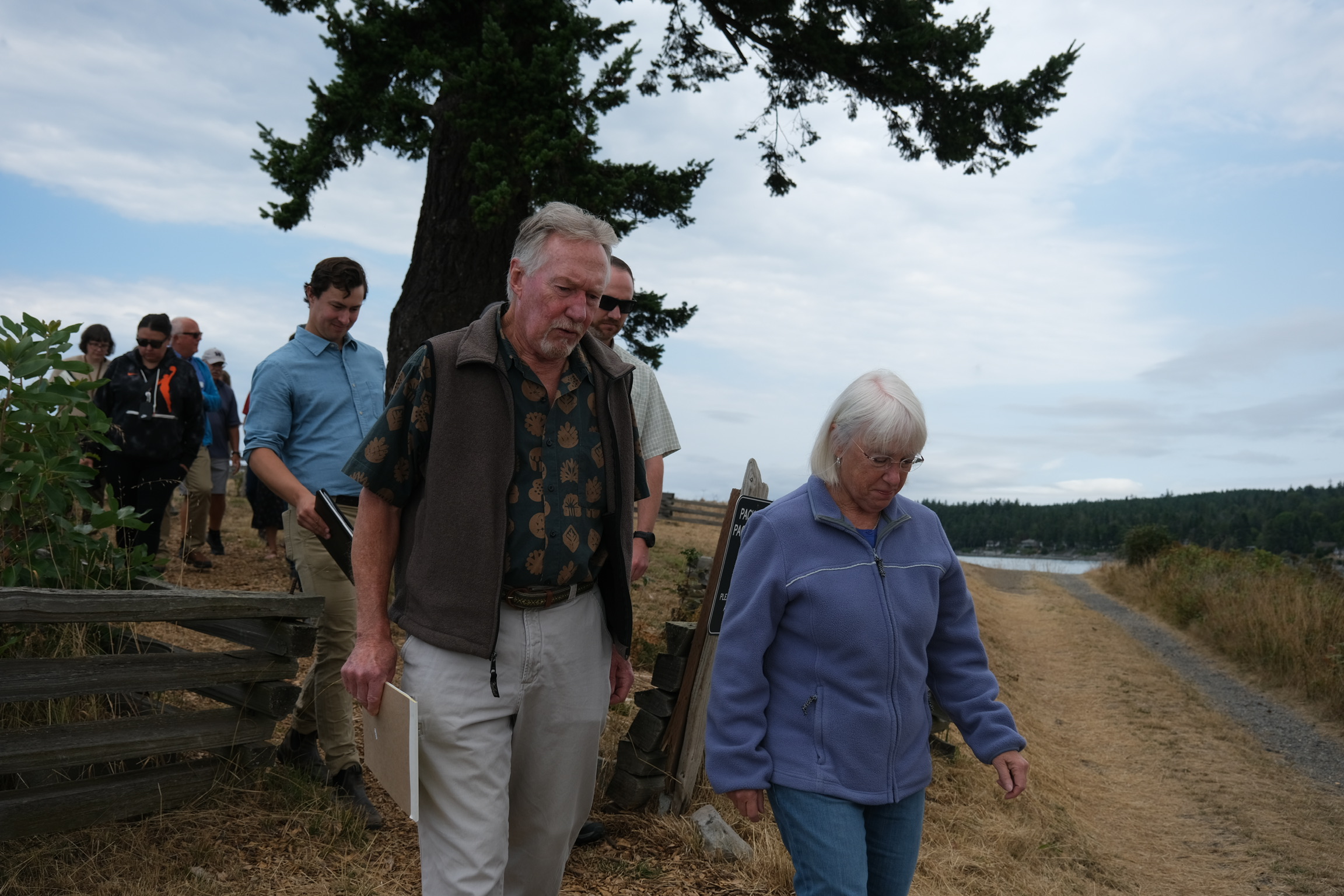ICYMI: Murray Announces Historic $2.6 Billion Investment in Climate Resilience, Including Nearly $400 Million for Tribal Communities and $90 Million for Seattle’s Northwest Fisheries Science Center – MORE HERE
Senator Murray: “I’m excited to announce this funding for Ecology, Tribes, localities, and organizations in Washington state that will help move the ball forward on key conservation efforts”
Washington, D.C. – Today, U.S. Senator Patty Murray (D-WA), Chair of the Senate Appropriations Committee, announced over $6 million in grants for infrastructure projects to improve climate resilience in coastal communities across Washington state and to protect precious fish and wildlife habitats. The grants were awarded through the National Coastal Resilience Fund—a partnership between NOAA, the National Fish and Wildlife Foundation, and other governmental and private sector partners—which provides competitive grants to support projects that restore, increase, and strengthen natural infrastructure in coastal communities while also enhancing fish and wildlife habitats. These grants were funded in part by the Bipartisan Infrastructure Law, which included record investments in fish recovery and coastal resiliency projects thanks in part to Senator Murray’s leadership.
“The National Coastal Resilience Fund is an important collaboration between public and private partners working to conserve precious habitat and make our communities more resilient to a changing climate,” said Senator Murray. “I’m excited to announce this funding for Ecology, Tribes, localities, and organizations in Washington state that will help move the ball forward on key conservation efforts—from habitat restoration to reducing flood risks and protecting endangered species.”
- $135,000 for the City of Edmonds to support the planning process for the restoration of the Edmonds Marsh, adding rare estuary and juvenile salmon habitat to Puget Sound and reducing flood risks to the city.
- $850,000 for the Washington Department of Ecology to improve coordination across Tribal and other entities to implement collaborative resilience restoration efforts using a triple-bottom-line approach that integrates community, habitat, and infrastructure resiliency benefits.
- $958,800 for Long Live the Kings to produce preliminary design for habitat restoration within the Nisqually River Delta to accompany the larger Nisqually Bridge Replacement Plan. The project will lay the groundwork needed for the Nisqually Indian Tribe to move forward with a final design that protects critical habitat, reduces flooding risk, and improves community resilience.
- $1,450,900 for Mountains to Sound Greenway Trust to complete instream habitat and natural process restoration along the lower 6,600 feet of Issaquah Creek that flows through Lake Sammamish State Park to benefit listed Chinook salmon and endangered southern resident killer whales. The project will address interconnected challenges for ecosystem resilience within the larger Puget Sound watershed such as stormwater and flooding, riparian and instream habitat, degraded water quality, and urban forest canopy health.
- $701,800 for the Swinomish Indian Tribal Community to develop a hydraulic model for the Skagit River floodplain to enhance understanding of coastal and riverine flood risk. The project will build capacity for Tribes and local communities to advance nature-based solutions to flooding, salmon habitat restoration, and resilience.
- $1,925,000 for Pierce County Surface Water Management to restore more than two miles of stream and associated riparian buffer, remove invasive species, and install engineered logjams to improve salmon habitat and water quality.
A full list of the 2023 grants made through the National Coastal Resilience Fund can be found here.
###


